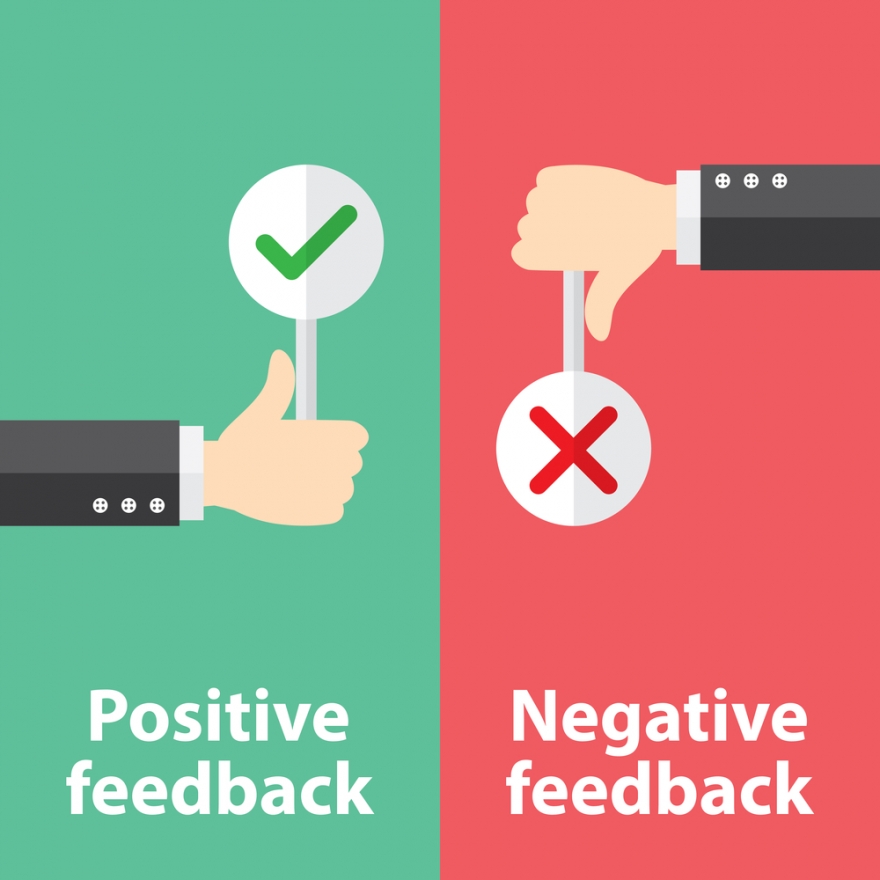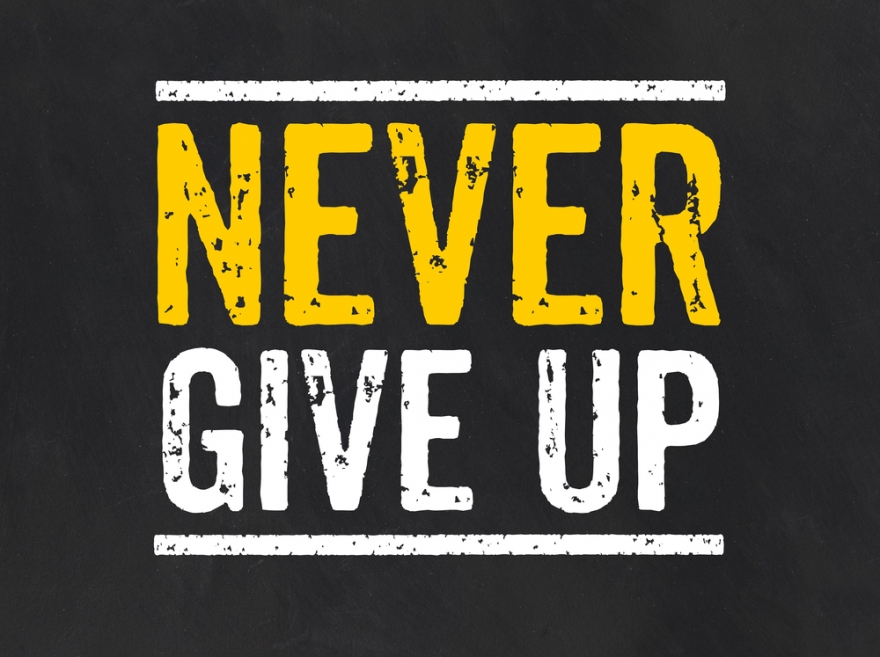|

7 Tips to Increase Positivity and Decrease Negativity
Rev. Dr. Kitty Boitnott, NBCT, RScP
Heart-Centered Career Transition & Job Search Coach | Stress Management, Sleep Science, & Holistic Wellness Coach
Have you ever stopped to consider how other people might react to you upon first meeting you? Do you think they have a positive feeling or a negative one as their first impression? You might be surprised.
A few years ago, I spoke to a group of job seekers about the importance of making a good first impression. I talked about the way you carry yourself, and the way you should dress and present yourself. I discussed the importance of confident eye contact and a firm handshake. I admonished the crowd with the adage, "You never get a second chance to make a good first impression."

At the end of the presentation, one of the attendees walked up to me. I had chatted with this individual a few weeks earlier. My first impression of him was that he was sour and negative. Why? He had launched into a series of criticisms of people we knew in common. I remembered thinking, "You don't know me well enough to be bad-mouthing these people," but I held my tongue at the time. I said nothing.
Here he was again. He looked at me and said, "I am just curious. What was your first impression of me?"
Talk about feeling like a deer caught in a car's headlights! What should I tell this guy? That I thought he was great and feed his already overblown ego? Or tell him the truth and risk being rude and unkind?
I pride myself on being honest, so I stuck to the truth. Thankfully, I have a knack (I am told) for saying the right thing under pressure. I also called on Toastmasters training and previous leadership experience when I sometimes had to phrase bad news gently.
I decided that this was an opportunity to offer constructive feedback to the guy since he asked. I phrased my words as kindly as I could. Here is what I said: "Well, honestly, since you ask, I have to say my first impression of you was that you are a bit negative. When we talked a few weeks ago, you had few nice things to say about people that you work with. It left me with the impression that you thought you knew better than anyone else. Given that I didn't know you all that well, it left me with a generally unfavorable opinion."

His eyes widened. "Oh? Hum. Interesting" he muttered. He walked away, and I haven't seen him since.
I tried to phrase my response as kindly--but as honestly--as I could. The lesson to learn? Don't ask for feedback unless you are willing to hear it. He wasn't prepared for me to tell him the truth. He assumed that I would confirm his already high opinion of himself. He was disappointed.
I felt that I needed to be truthful. And I was.
We all need to consider how we are coming across to people in our early encounters with them. You risk making a wrong impression if you overshare information too early. Some information should be reserved for people who already know you.

Here are 7 tips that can help you eliminate negativity in your thinking and thus in your life. Improve the quality of your life by increasing your capacity for positivity:
1) Read books about positive thinking.
When you read books that are positive and uplifting, it helps you to be more positive. Inspirational quotes and affirmations can also help you rid yourself of negativity. By reading positive books and articles, you create a positive mindset. It may take practice, but it is worth it in the long run.
2) Learn how to visualize.
Your imagination and ability to visualize things is a powerful tool. Use it. Imagine yourself being positive. Take affirmative action. Your body responds to your thoughts. It will react in the same way as if you were physically doing the thing(s) that you are imagining. Athletes and other successful people use visualization all the time. It helps improve themselves and their abilities. By tapping into this ability, you too can drop negativity and become more positive faster.

3) Focus on using positive words as much as possible.
Avoid negative words, or turn them into their opposite. When thinking, or talking to others, try to use positive words. Avoid saying "I can't," and start saying "I can." This may take some time to put into practice, but as you do it more, it will get easier.
Remember that words are powerful. Someone recently said to me, "This job is going to kill me." And she wasn't kidding. I chided her to avoid saying that. There is no point in giving the subconscious mind that kind of message! Even if she feels that way, saying it or believing it is dangerous for your health. If you feel that you are working in a job that is "going to kill you," it's time to look for a new job!
4) Remember to smile.

Use your smile to project your positive attitude. It is incredible how much of a difference a smile makes. People can actually tell you are smiling when talking to you on the phone, even though they can't see you smiling. Smiling makes you and those around you feel better in general.
Try this experiment. The next time you are in the grocery store, smile at everyone you see. If they see you, chances are they will smile back. They can't help themselves. It is reflexive. And who knows? You may brighten the day of someone without knowing it.
5) Do not quit – no matter what.
When you quit, you fail. Failure is just an opportunity to learn from a mistake. Often, people quit just before they reach their goal. This is something that successful people know. They know that as long as they do not quit, they will eventually achieve what they want.
Napoleon Hill tells a story in Think and Grow Rich of a gold miner who gave up his effort to find gold. After months of hoping and spending thousands of dollars on equipment that yielded no return, he decided to give up. To cut his losses, he sold all his equipment to someone else. He packed up his stuff and went home feeling defeated. The man who bought his equipment set out mining the same vein the first man had abandoned. He hit gold in the next three feet digging. That is how close the first man was to finding gold. Only three feet away. But he quit. He gave up.
Winston Churchill once said, “Never, never, never give up.” Consider the consequences for the world if he had been a quitter during World War II. We would be a very different place today, wouldn't we?

6) Become more aware of your negative thoughts.
Learn to recognize when you are having a negative thought. Catch yourself and turn it immediately into a positive one. This is critically important. It can take time to develop a sense of when you are having negative thoughts. But it is a skill well worth developing. And the good news is you can catch yourself and change a negative thought as quickly as you have thought it. Turn it into a positive thought right away. Over time, you will find it easier to recognize when you are having a negative thought. Remember it takes time to change a habit, so be persistent. And don't give up on being able to develop this new skill. You can.
7) Make time to do the things that make you happy.
When you take time to do things that make you happy, it can flow over into the rest of your life. Even when life has challenges (and it will), you will find you have more energy to tackle them when you are positive. Spend time doing things that make you happy and feel the difference in your attitude. See how your relationships improve both at work and at home.
When I was a child, I remember going to see the Disney movie Pollyanna based on the 1913 novel by Eleanor H. Porter. Pollyanna was an orphan who had learned at a young age to be glad about every situation. She called it the "Glad Game." Her endless optimism was a source of derision for some people in town including her aunt who took her in. But she left an indelible impression of everyone she met. When she suffered a tragedy of her own, the whole town turned out to show their love and support.
In today's cynical world, we sometimes hear people disparage those who are optimistic. They call them "Pollyanna's" implying that they don't understand the "real world."

I would offer that it is the cynics of the world who don't get it.
Being cynical and critical doesn't make anyone happy or better. It just brings everyone down. Why not use the same energy to lift up and encourage one another? Wouldn't the world be a better--and happier--place if we did that?
I recently saw a beautiful video on Facebook that I will leave you with. To see the video, click here.
The video highlights a young girl in the United Kingdom. Her name is Paige, and she has struggled with PTSD. She posted over 40 encouraging and inspirational notes on the Wearmouth Bridge in Sunderland. The messages are directed at those who go to that bridge to jump off and kill themselves. So far, Paige's notes have been credited with saving 8 people's lives. The Northumbria Police Department recently recognized her. She was presented with a commendation to thank her for her kindness.
She didn't do it for the recognition, however. She did it because she wanted to help. Watch the video and see for yourself how a small gesture like that can literally save someone's life.
You never know when a positive word or a kind gesture can change one's whole day. You don't have to be a "Pollyanna" to be kind. You don't have to be naive to be positive. Being positive is a choice, and you get to choose between being positive or negative in every moment. I choose to be positive. What about you?
Until next time.
|